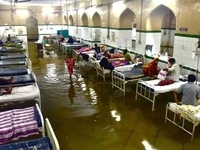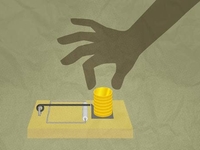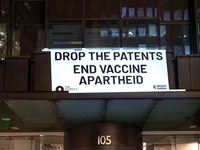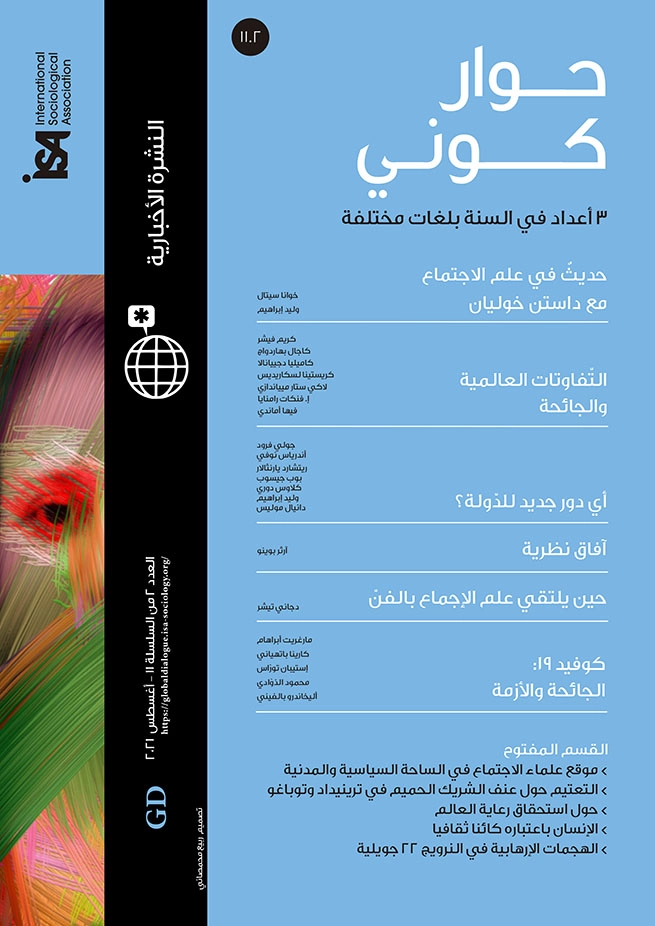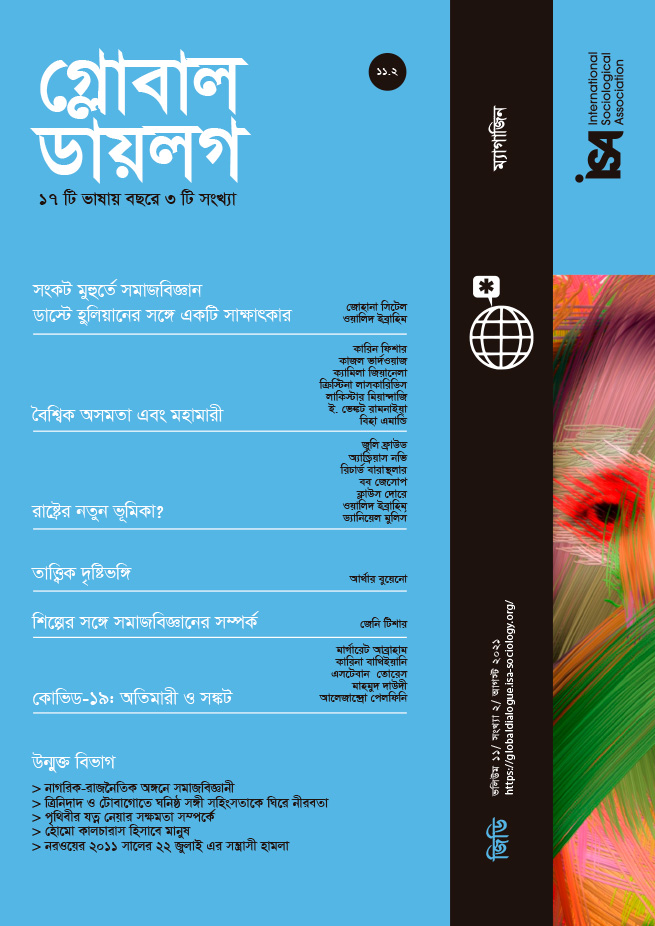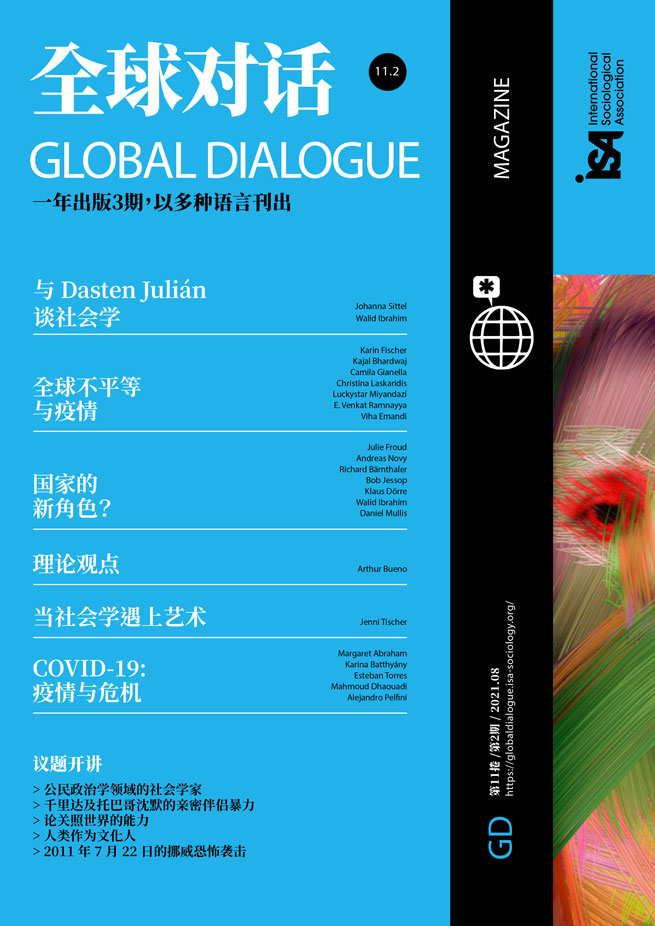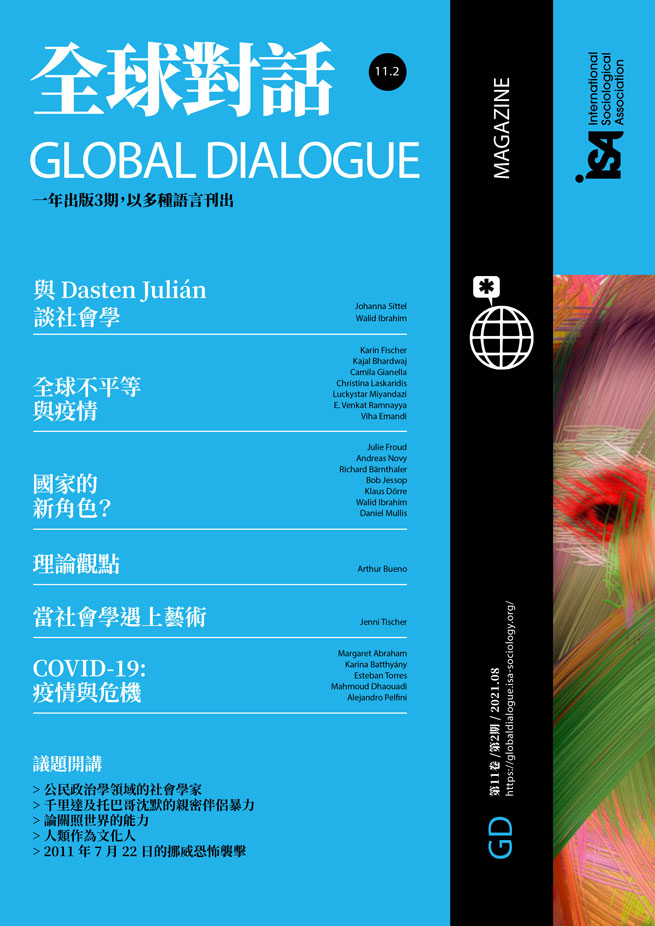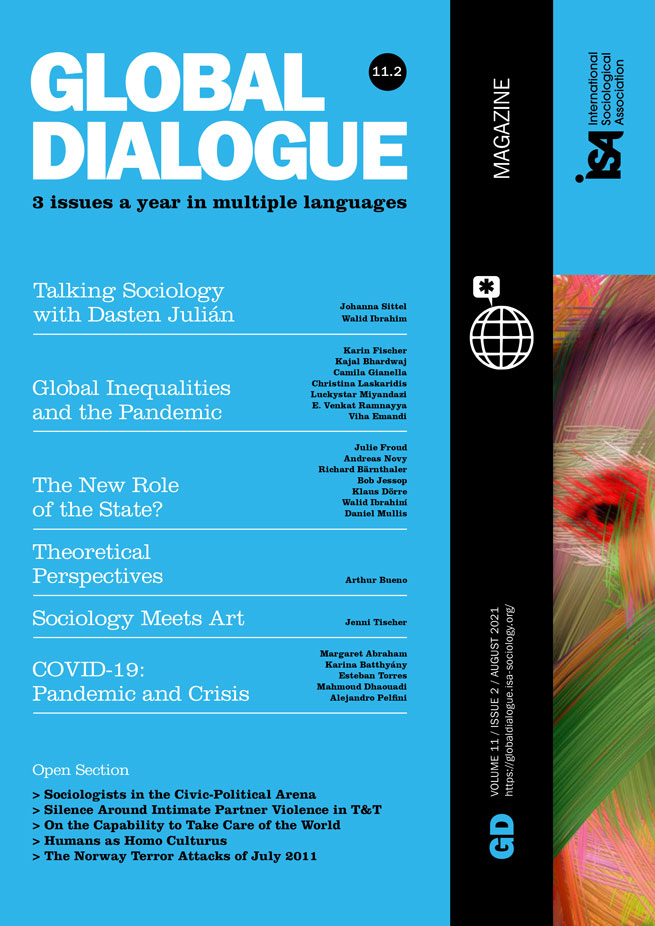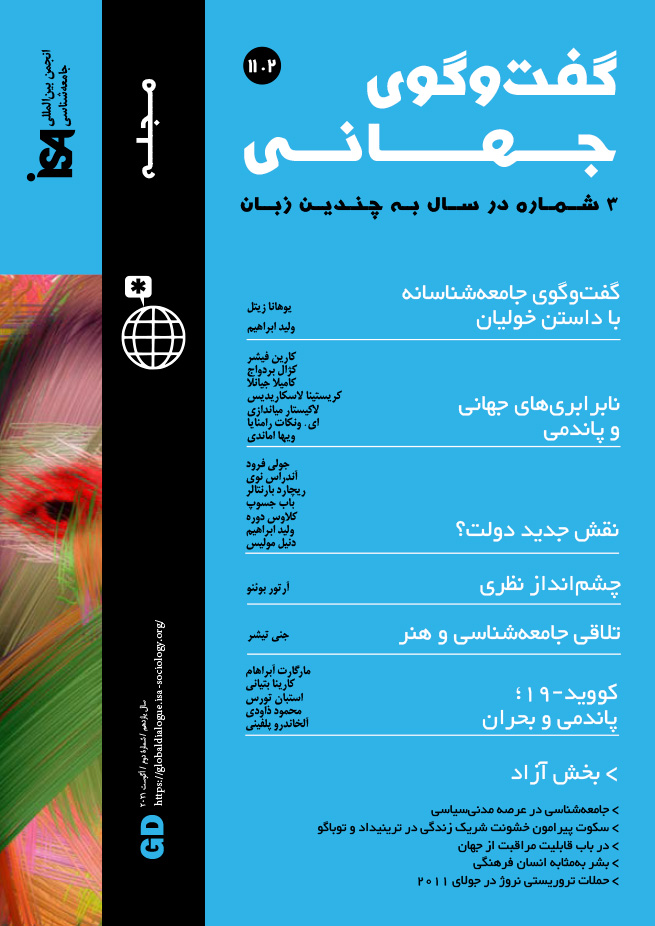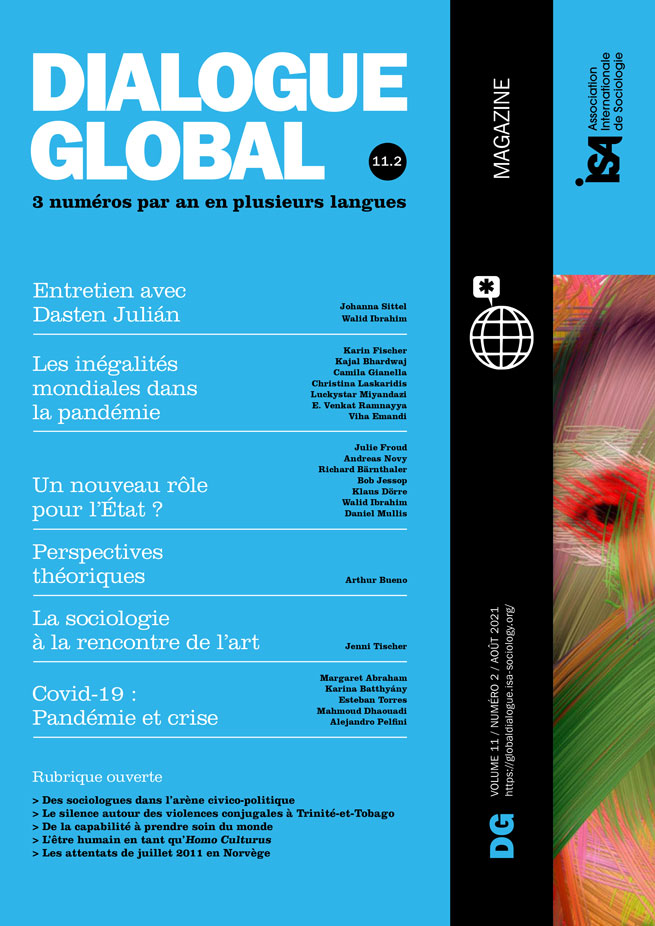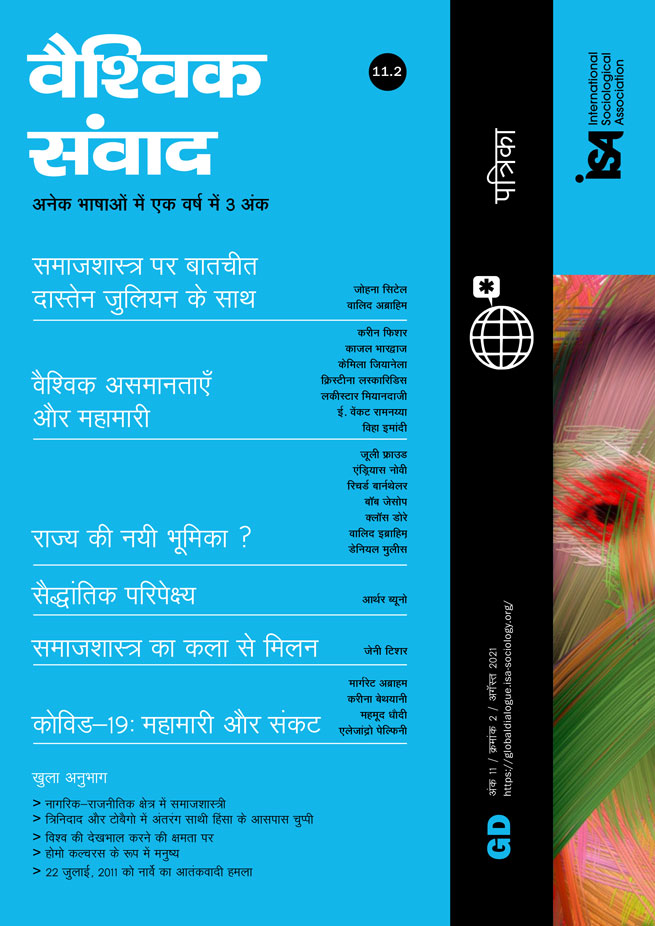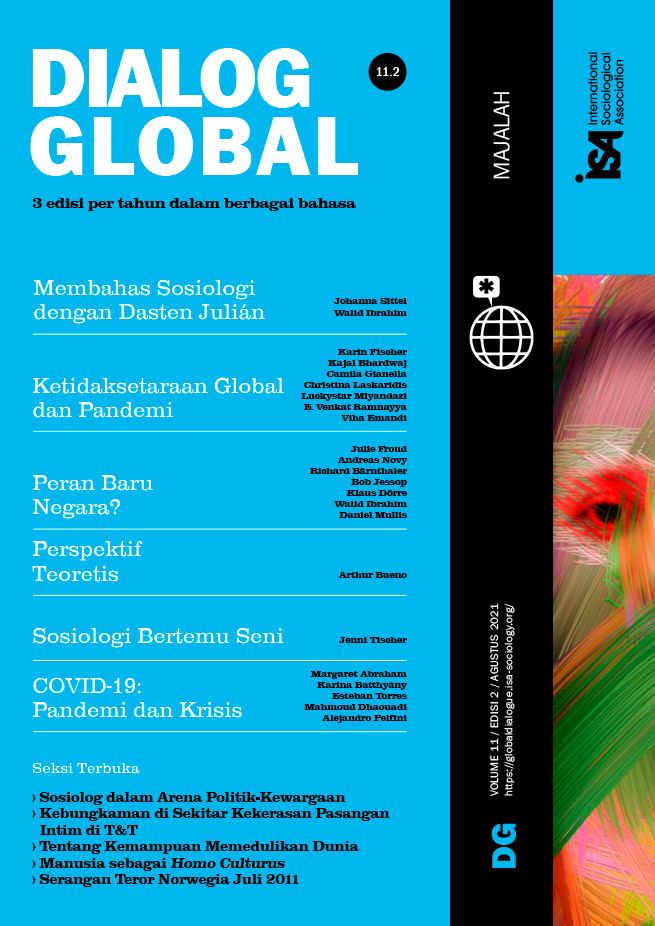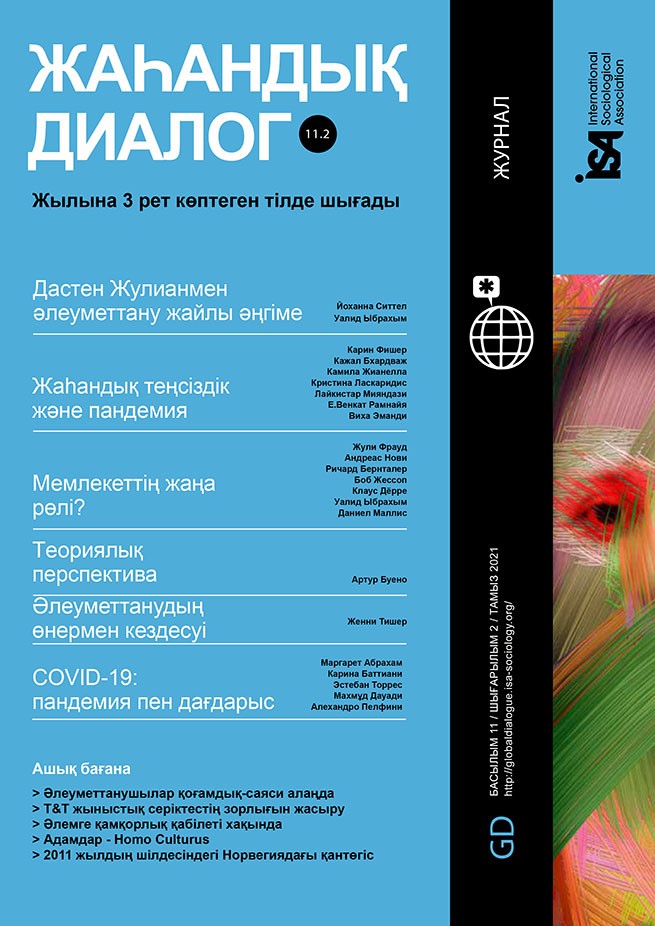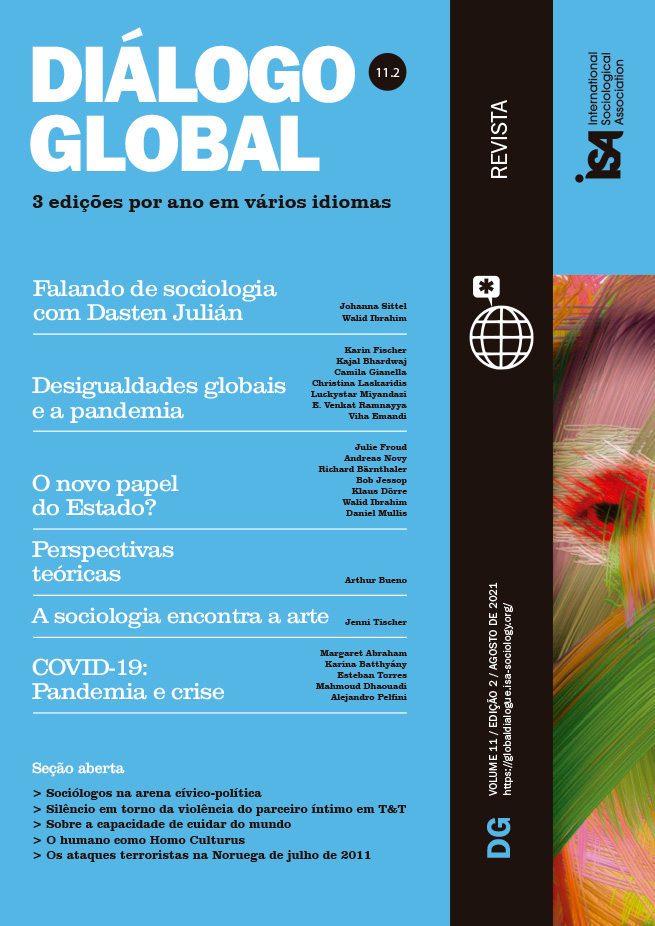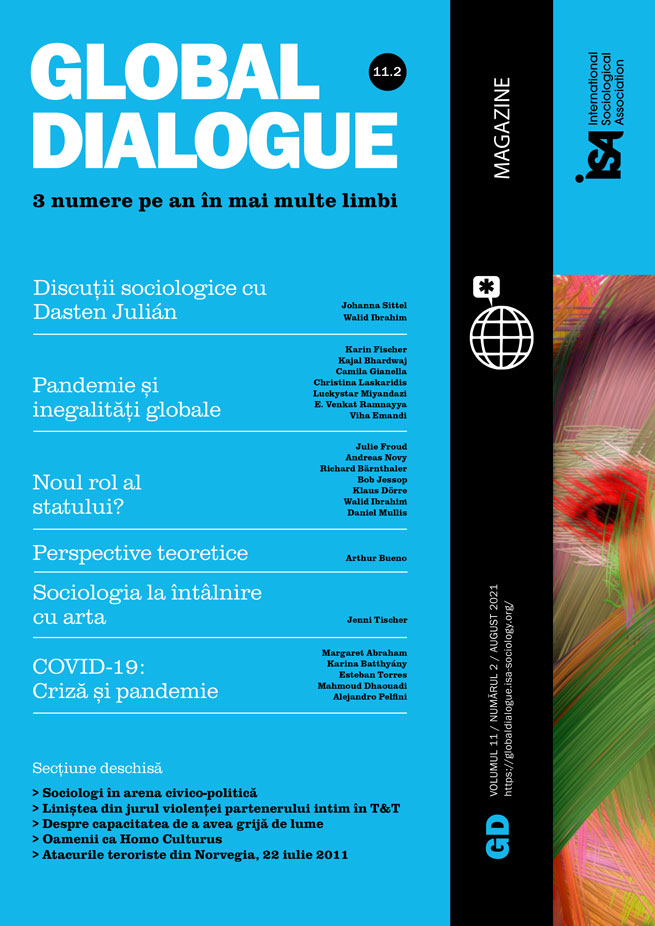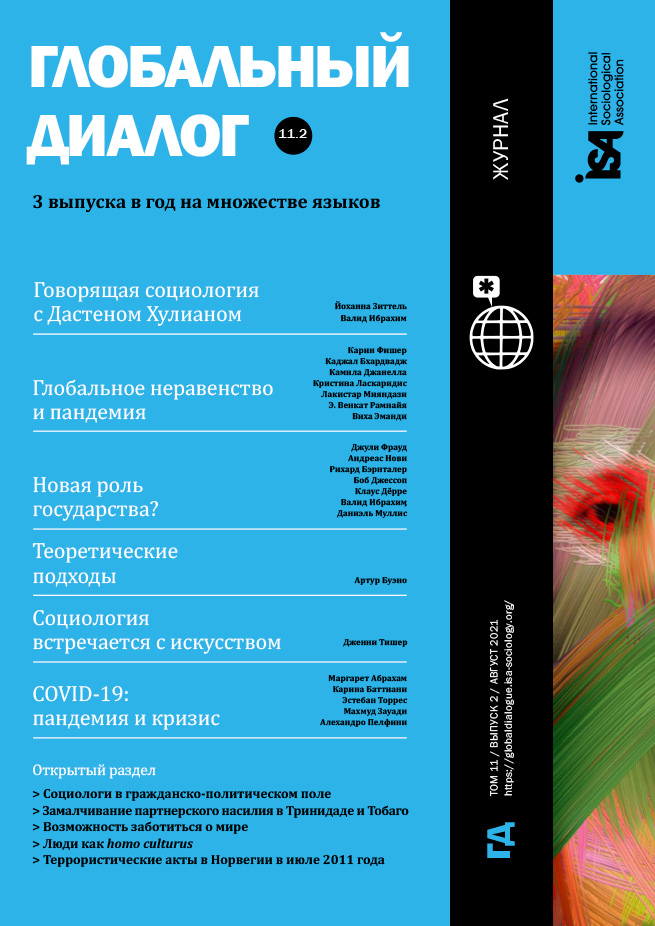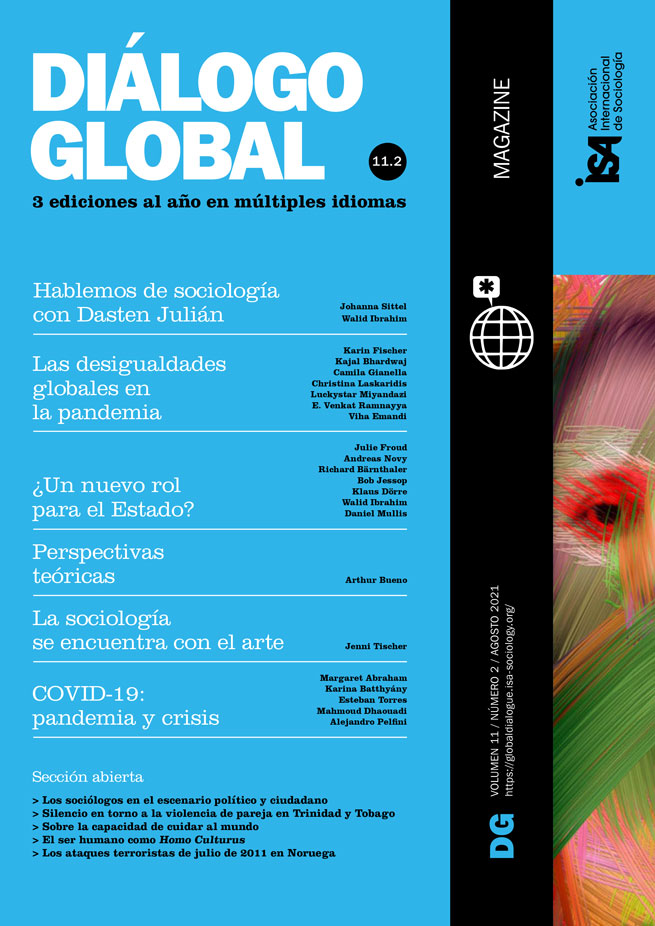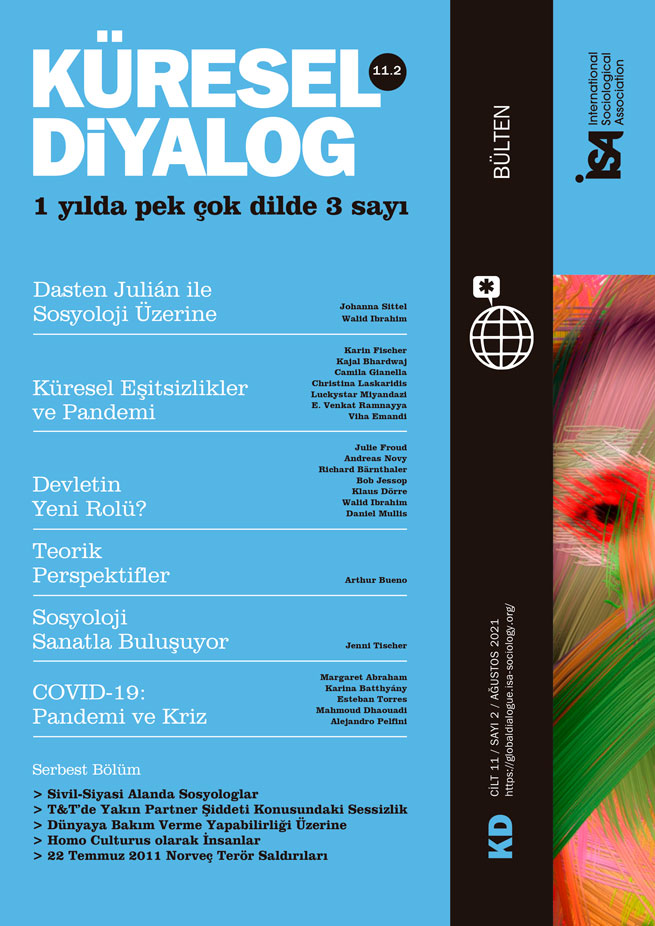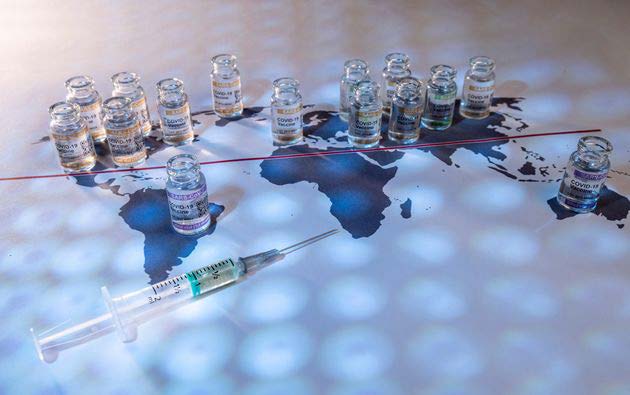The COVID-19 pandemic is having devastating economic and social effects across the globe. However, one dangerous message that has emerged from this global crisis is that we are facing the same crisis everywhere (we are in the same boat), as if facing a lockdown in Bergen, Norway, were the same as facing a lockdown in Lima, Peru; or facing a lockdown in a wealthy neighborhood in Lima were the same as having to deal with the major challenges that the lockdown represents for families living in the shantytowns of the same city.
This homogenizing imaginary has allowed an unequal distribution of the COVID-19 vaccines, despite some calls to guarantee equal access across states. The fact is that wealthy countries won the race: they were the first with the capacity to buy the vaccines and consequently, to start vaccinating their populations. While it is true that some rich countries, like Norway, have committed to sharing vaccines doses with poorer countries, by January 2021, access to vaccines was determined by a country’s wealth.
The privatized drug innovation regime
The situation we are facing with respect to access to the vaccine worldwide does not result (only) from the miserliness of particular countries, but reflects a problematic global drug innovation regime. Rich countries have allocated public funds to the development of the vaccines. Even in the case of Pfizer, which has denied the participation of public money in the development of its vaccines, reports show that its partner companies, which have co-developed the vaccine, have received public funds. The participation of rich countries in the development of the vaccines allows them to ask for “better prices,” but does not deny private companies the right to profit from the vaccines. As a consequence, under the current rules, and despite the urgent need to vaccinate South Africa’s population to stop the spread of the disease and its new variants, South Africa has had to pay almost 2.5 times more than most European countries for doses of Oxford-AstraZeneca’s COVID-19 vaccine.
The participation of public funds has not prevented private vaccine manufacturers to ask for confidentiality clauses, as well legal reform to protect them from lawsuits if their COVID-19 shots cause unexpected side-effects. The need for vaccines, and the lack of global leadership to impose some minimum conditions on the trade of COVID-19 vaccines, have given enormous power to vaccine manufacturers. They are delaying or blocking negotiations with countries that need the vaccines, thus delaying access to these and eventually contributing to more deaths and to the development (and spread) of new variants of the virus.
One example is Peru and its failed negotiations with Pfizer. Peru is among the countries with the highest COVID-19 incidence and mortality rates in Latin America and the Caribbean, as well as globally. By January 2021, when the country was experiencing the beginning of the second wave, the health system had already collapsed. In 2020, the Peruvian government had started negotiations with Pfizer, but refused to accept some of the clauses imposed by the company related to non-liability. As a consequence, Pfizer put Peru at the bottom of the list, despite the devastating impact of COVID-19 in the country. As in the case of South Africa and the price of vaccines, this has been done with total impunity; vaccine manufacturers are imposing the rules, and deciding who will have access and at what price, in the midst of a global emergency.
Access to vaccines and the right to health
Access to medicines such as vaccines is one of the fundamental elements for the full realization of the right of everyone to the highest attainable standard of physical and mental health. Innovations in medicine and access to this innovation constitute a key element of access to medicines, and consequently, laws and regulations governing the access to medicine innovation are central elements of national health policies. The COVID-19 pandemic has unveiled the lack of global leadership and the weakness of states in imposing conditions on the manufacturers of valuable goods, as well as the limits of the current medical innovation schemes. The allocation of public funds to private companies is clearly not enough to guarantee universal access to medicines.
Camila Gianella, Pontificia Universidad Católica del Perú-Cisepa, Peru <gianella.c@pucp.edu.pe>
